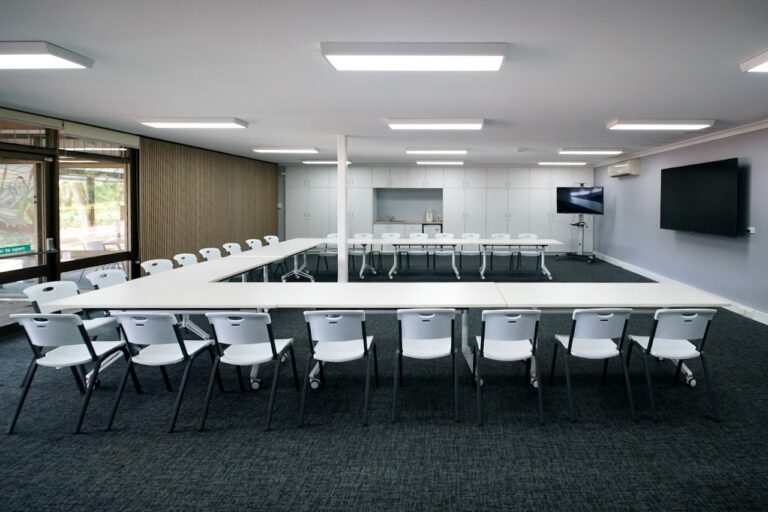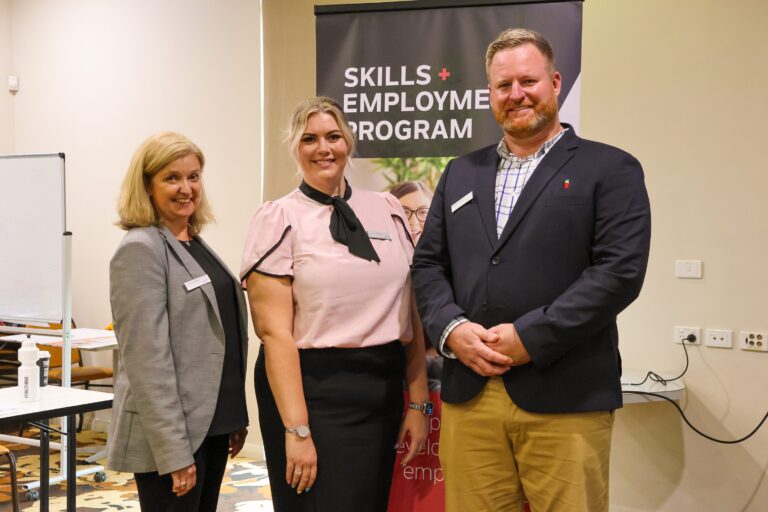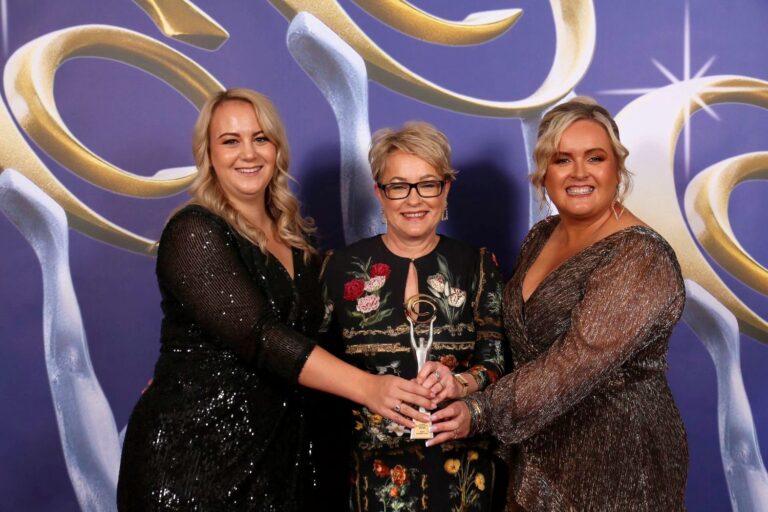A new report is calling for a change in engagement strategies and the introduction of long-term behaviour-change programs targeting the perpetrators of domestic violence.
The report, Rehabilitating domestic violence perpetrators: An Australian and international evaluation of men’s behaviour change, identifies a stark difference between the quality, intensity, and overall effectiveness of programs operating in Australia compared to the USA.
Report author, Joplin Higgins of Joplin Lawyers said evidence showed Australia had much to learn when compared to domestic violence reduction strategies in places overseas.
“The burden of solving the problem of domestic violence in Australia has been unfairly placed on victims and victims’ services. It’s like treating cancer with Panadol,” Joplin said.
“Currently, there is minimal engagement with perpetrators. Programs in Australia run on average for 12-18 weeks compared with programs explored in the report that run for over 52 weeks.
“A few months is clearly not enough time to change, at times, a lifetime of violent and abusive behaviour. Responses to domestic violence overseas have prioritised targeting the perpetrators behaviour directly, investing in supporting offenders who are motivated to change.”
Statistics in Australia show that one woman a week dies as a result of domestic violence.
Further, one in three women has experienced physical violence since the age of 15, and one in five Australian women has experienced sexual violence since that same age.
Men’s Behaviour Change Programs (MBCP), explored in the report, included a year-long engagement working with whole families, helping to keep victims and children visible while perpetrators fulfilled their obligations.
Joplin gained valuable insights by travelling to the USA to research MBCP and meet with facilitators operating across the country.
The report draws together research from a variety of disciplines including law, psychology, criminology, social science, trauma theory and gender studies.
Key findings in the report include:
- The length of the programs and intensity is inadequate to correct the level of offending present and lacks the use of current research and evidence,
- Increased funding for MCBP is paramount to ensure vital funds are not taken away from victim services offering immediate safety to women and children, and
- Domestic violence has been predominantly viewed as a criminal justice issue when it is clear a multi-agency response is required.
“MBCP are significantly fragmented, varying from state to state and across service providers,” Joplin said.
“Australia’s approach lacks coordination of programs as well as consistent messages that operate alongside domestic violence campaigns, early intervention, and education in schools.
“More research in the area, particularly relevant to Australia is needed to determine the length and types of programs that are most effective for perpetrators. The one size fits all approach and belief all perpetrators are the same is not sufficient and nor supported by current research.”
A full list of recommendations and further analysis is up for discussion with Joplin directly.
Joplin Higgins travelled to the USA as the recipient of a Westpac Social Change Fellowship and is internationally recognised as a fearless leader and vocal and dynamic advocate for domestic violence awareness.
Focused on making a difference, this report is just one of many ways Joplin Lawyers is tackling the issues of domestic violence differently.
IMAGE | Director of Joplin Lawyers, Joplin Higgins. (Trish Evans Photography – picture credit).







